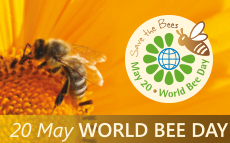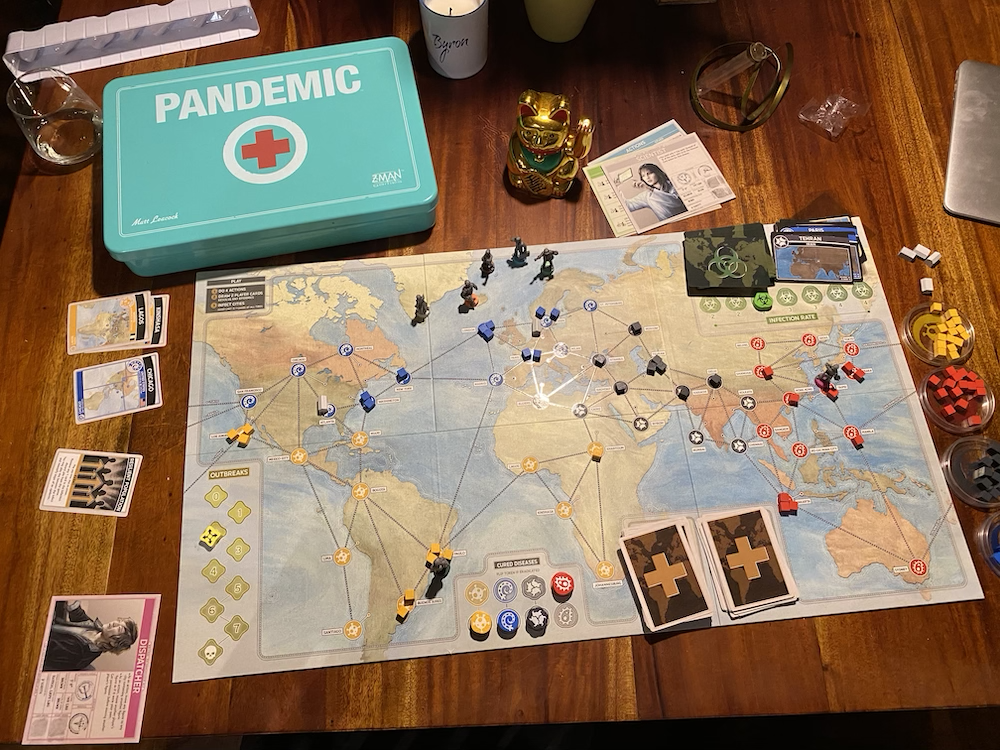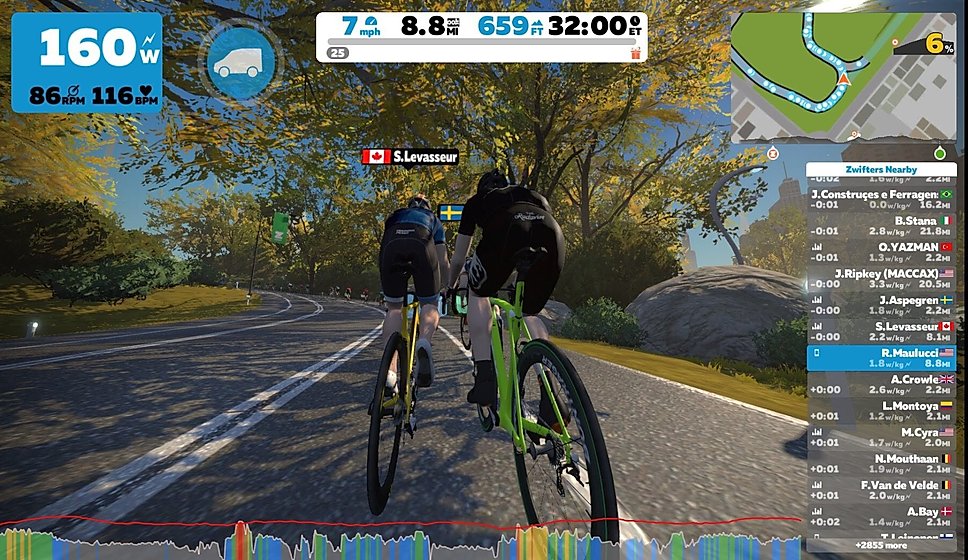 May 20th is International World Bee Day.
May 20th is International World Bee Day.
We could not survive without bees. 90% of the world’s wild flowering plant species depend on them for pollination, as does more than 75% of the world’s food crops.
Bees provide a number of archetypal examples of important models.
The bee and the flower have a mutualistic relationship. The bees get to eat, and the flowering plants get to reproduce.
Richard Dawkins says the hive shows the ‘Selfish Gene‘ at work. All the bees in a hive are brothers and sisters. Their behaviour is determined by the genes they carry. When a bee stings and sacrifices itself, they are protecting their own genes as carried by their siblings. It is endurance of the gene that drives behaviour – the bees are the servants of their genes (as are we)
A recent article on the Illusion of Certainity by Rory Sutherland refers to the Waggle Dance as an example of the need for risk and innovation if we are to progress. When a bee finds a good source of nectar, it returns to the hive and waggles its bum to give directions to the other bees. (Really! See David Attenborough below). Luckily, not all bees follow the instructions.
Rory Sutherland writes :
– Bees seem to have spotted this trade-off between narrow and broad-scale efficiency 20 million years ago. Although most of them follow the waggle-dance (exploiting what is already known), a significant minority do not. These R&D bees explore at random, seeking nectar and pollen from sources as yet unknown. Most of these journeys are individually wasteful — but every now and then they pay off hugely in the form of a new find. Indeed there would be no bees without this ‘inefficiency’; hives would end up starving to death.
– Bees are still around because they are part deterministic and part probabilistic in their behaviour. They use their ‘evidence-based’ waggle-dance data-model up to a point, but correct for the fact that it is incomplete, temporary and weighted to the past. Institutionalised humans obtain a false sense of certainty by assuming that life is one big waggle-dance: that what is optimal in a one-off transaction in a certain present is also optimal at scale, in an uncertain, long-term future. Even insects have figured out this is dumb. Like Socrates, bees know how much they don’t know.


 It is important and useful to have a reliable source of curated news.
It is important and useful to have a reliable source of curated news. If you’d like a US flavour to your news, you may enjoy
If you’d like a US flavour to your news, you may enjoy  Mark Manson in his
Mark Manson in his  Unfortunately, an outbreak of a deadly virus in Sydney has caused chain-reaction outbreaks in Jakarta and Los Angeles. Time is up for Millie and I to save the planet. We’d cured one of the four viri causing pandemics – but it wasn’t enough.
Unfortunately, an outbreak of a deadly virus in Sydney has caused chain-reaction outbreaks in Jakarta and Los Angeles. Time is up for Millie and I to save the planet. We’d cured one of the four viri causing pandemics – but it wasn’t enough.




 RSS - Posts
RSS - Posts

